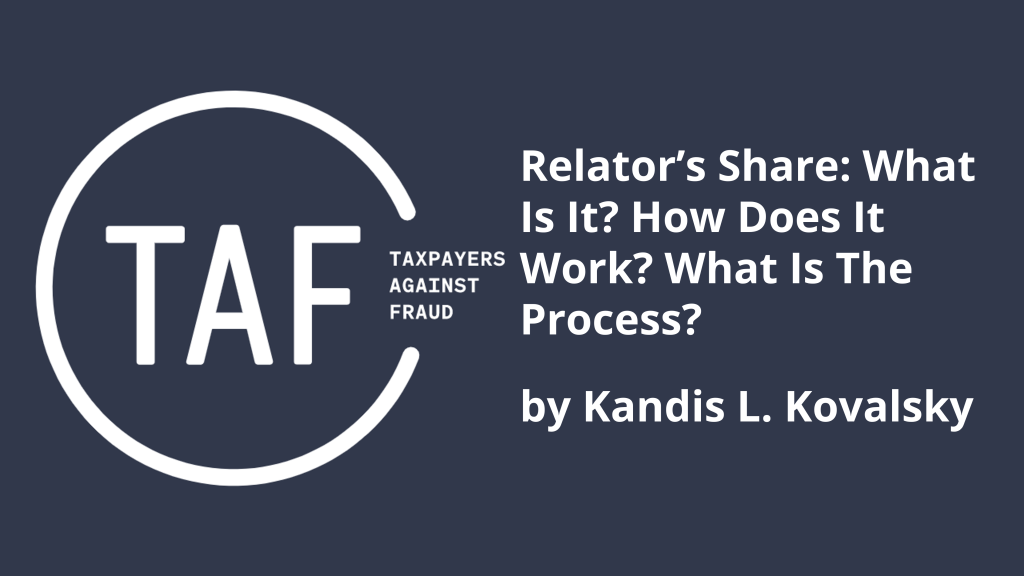In the January 2, 2020 edition of The Legal Intelligencer Edward T. Kang and Kandis L. Kovalsky co-authored “Five Years After ‘Daimler’: It’s All in the Specifics.”
Major cases such as 2014’s Daimler AG v. Bauman have refined the requirements for, and in many senses restricted, the establishment of personal jurisdiction over parties. This goes for both the exercise of general and specific jurisdiction.
The exercise of personal jurisdiction is fundamentally connected with the constitutional right to due process. The question of whether it is fair and procedurally proper to subject a person to a forum state’s jurisdiction has been refined by the U.S. Supreme Court multiple times in the past decades, and especially in recent years. Major cases such as 2014’s Daimler AG v. Bauman have refined the requirements for, and in many senses restricted, the establishment of personal jurisdiction over parties. This goes for both the exercise of general and specific jurisdiction.
The basic notion behind general jurisdiction is that the defendant has to have, to quote directly from the well-known International Shoe v. State of Washington opinion, “continuous and systematic” affiliations with the forum state to reasonably expect that state’s jurisdiction over her, no matter the issue at stake (as opposed to specific jurisdiction, where the issue in question is the only reason one could expect to land up in another state’s court). But, what does “continuous and systematic” mean? Continue reading ›
 Kang Haggerty News
Kang Haggerty News


 In the October 2022 Edition of Taxpayers Against Fraud (TAF) Newsletter, Kandis Kovalsky wrote “
In the October 2022 Edition of Taxpayers Against Fraud (TAF) Newsletter, Kandis Kovalsky wrote “